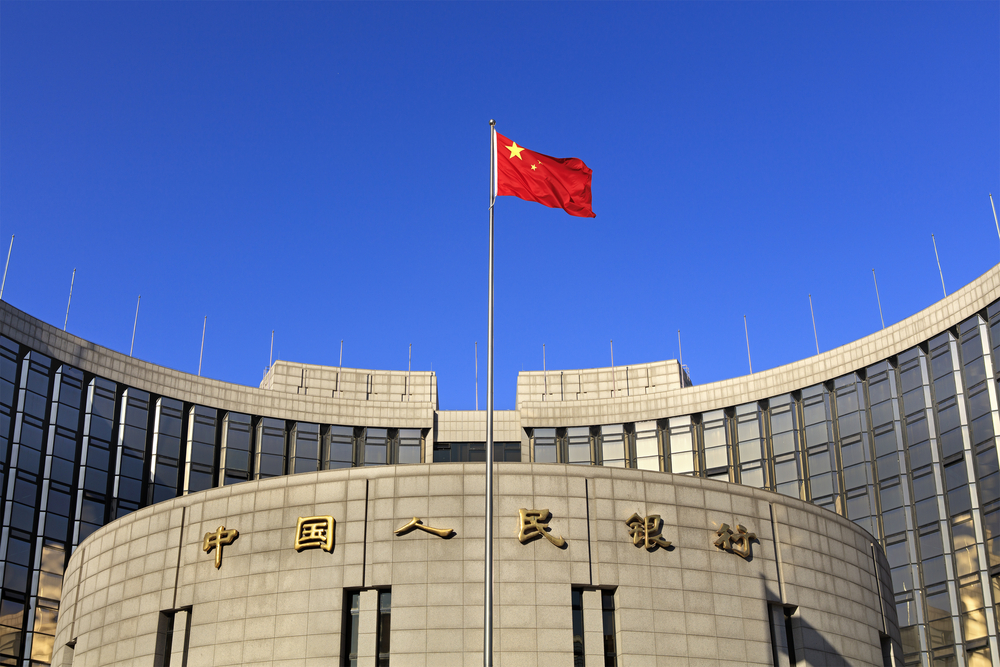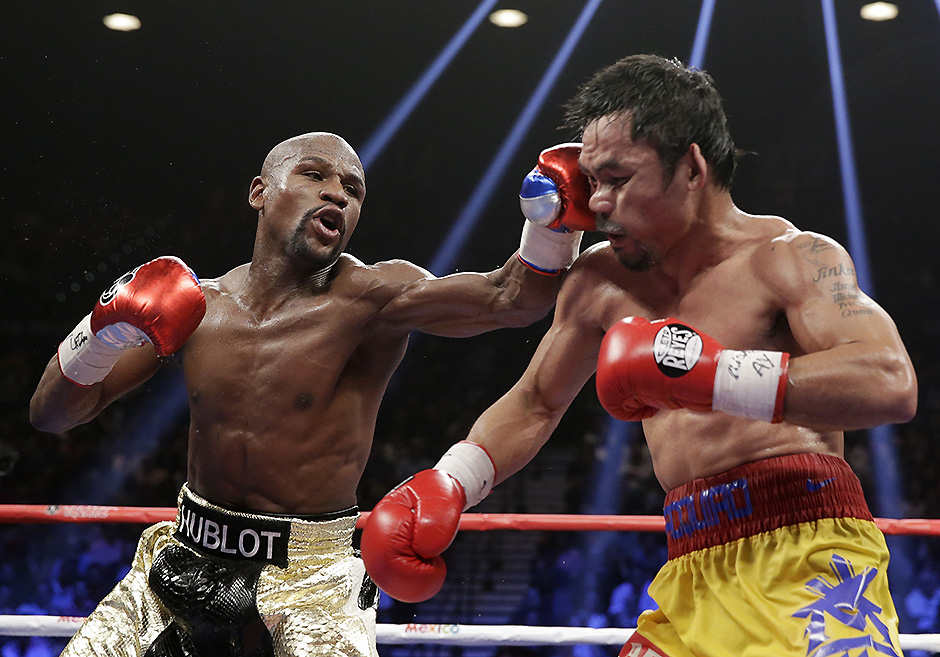
ICOs have stoked fears that they could be hiding scams. Source: Shutterstock
ICOs: Scam or success? You decide
INITIAL COIN OFFERINGS (ICOs) are having a pretty bad couple of months: it all started when US regulators said they were exploring potential regulations into the fundraising instrument due to concerns that it could potentially be used by pyramid scam artists. Things got just a little bit worse after news broke that China’s financial regulators were taking the plunge and banning its use altogether.
Despite outcries and loud panicking from the cryptocurrency community, other governments in Asia have also been scrutinizing the instrument. South Korea announced late last month that it was following in China’s footsteps and banning ICOs from use in its financial markets due to fears of speculation.
Pantera Capital’s Dan Morehead told Tech Crunch that the current ICO boom is like the dot-com boom of the 90s, with a difference: ICOs are far more complex than the hyped up promises that emerged in the heady early days of the Internet, and “a lot of in-depth thinking and reading”.
“There’s a Cambrian explosion happening. There were 65 ICOs in one week,” he said.
Regulators might not be wrong to be concerned about ICOs. Part of the reason why ICOs have gotten such a bad reputation is that no one really knows what’s going on behind the scenes with them, and regulators worry that behind these fundraising rounds are a whole lot of nothing.

Chinese regulators took the first steps to ban the use of ICOs in the country. Source: Shutterstock
Furthermore, cryptocurrency is still a largely unregulated financial system – not for lack of trying on the part of government – and trying to rein it in goes against the very nature of its design. Built on a series of public blockchain ledgers, cryptocurrencies rely on public information and miners who verify and approve transactions. Meaning, they’re not government, and government wants to be in control.
It doesn’t help that everyone and their cat has jumped on the ICO bandwagon. Many companies have been looking to raise funds through ICOs, and collectively they’ve made as much as US$1.5 billion in the last year alone. Even celebrities have gotten in on the action, with several funds naming investors from Paris Hilton and Floyd Mayweather.
According to Jean-Yves Sireau, the founder of trading platform Binary, governments do have sufficient cause to feel concerned about the effect of ICOs on the markets. He said that he believes that 95 percent of “in-game token” ICOs from this year will turn out to be “worthless investments.
“I believe that only tokens that meet the legal definition of a ‘security’ can have real economic value, since by definition a security is something that gives investors rights to future income streams of a business,” he said to Tech Wire Asia in an email interview.
“If it doesn’t meet the legal definition of a security, then most probably it is hot air with no real value.”
When he says “security”, he means that it’s treated like any other financial securities and will be subject to regulation by authorities. Last month, Hong Kong’s Securities and Futures Commission (SFC) declared that tokens issued via ICOs may be classified as securities, as reported by Coindesk. The regulator also warned investors that they may be subject to the regulator’s “licensing and conduct requirements.”

According to Sireau, governments shouldn’t feel “shy about investing ICOs for fraud” as it’s better that they start now rather than after hundred of investors find themselves scammed out of their money.
“In 18 months from now, they will be swamped with hundreds of massive fraud cases that will have come to light, but it will be too late then,” he said.
“They should get started investigating ICOs today, before the frauds grow too large.”
Sireau gets to the heart of the issue, that is that governments still don’t really know what to do when it comes to ICOs, especially since they’re still so new. The hype around them means that interest in them is moving faster than regulators can keep up with, and money is pouring from all corners.
There are issues with whether or not certain ICO tokens should be treated as “securities”. In some cases, there are “utility tokens”, which allow investors to access and pay for use of a specific blockchain-based software service. The problem comes when trying to decide if an ICO token should be treated like a security or not.
The uncertainty about the precise nature of these tokens is befuddling regulators, and delaying their ability to determine between con artists and the real deals. Sireau explained that the market is currently oversaturated with “in-app token” ICOs, which could range from well-meaning but failed investments to preventable frauds.
“What needs to happen is more companies like Binary.com, with real and long-established businesses with a demonstrated ability to generate profits, to issue securities-tokens,” he said.
Sireau’s company, Binary, is looking to list their own ICO on Lykke.com.
READ MORE
- Ethical AI: The renewed importance of safeguarding data and customer privacy in Generative AI applications
- How Japan balances AI-driven opportunities with cybersecurity needs
- Deploying SASE: Benchmarking your approach
- Insurance everywhere all at once: the digital transformation of the APAC insurance industry
- Google parent Alphabet eyes HubSpot: A potential acquisition shaping the future of CRM






